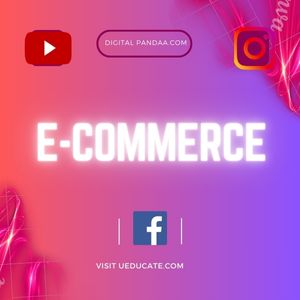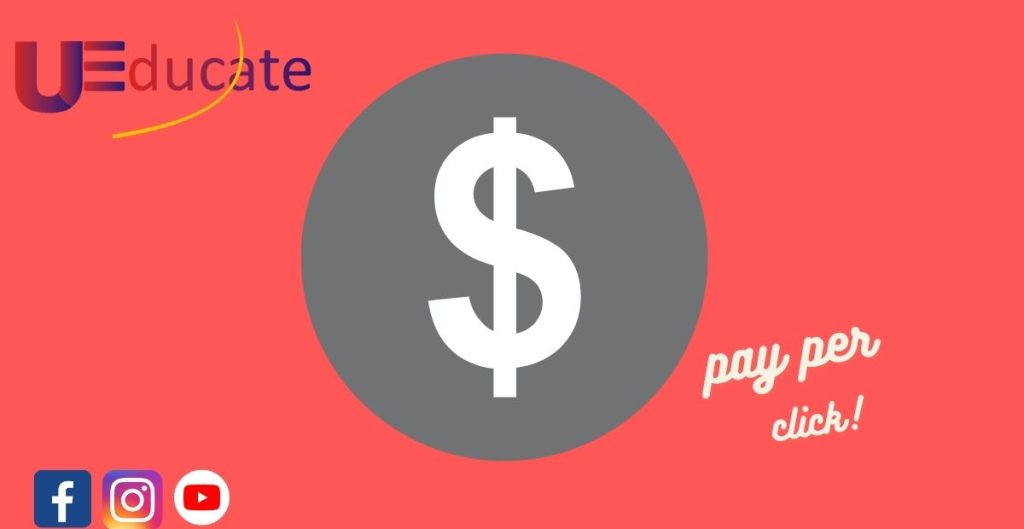facebook ads | facebook reels marketing | digital panda

Introduction
Facebook ads are a second generation of web growth and design features that facilitate communication, information sharing, and collaboration on the World Wide Web. The emergence of social networking sites (SNS) has provided a novel medium for brand communications. Many food service businesses have begun to utilize these. In addition, companies create matchless social media pages for their brands (e.g., Facebook fan pages) where they join with potential consumers, establish awareness, and build relationships with existing consumers. Although these are generally perceived as benefits of using SNS, their effectiveness in structuring consumer-brand relationships has not been fully explained.
Comparative analysis of the Facebook page
Facebook ads are currently the world’s most successful position, with more than 800 million users, a greater number than even Google users. Due to the vast number of members on Facebook, many food service businesses utilize it as a platform for joining a large pool of existing and potential consumers and as a significant tool for brand management. As of 2011, more than 600 restaurant brands hosted online communities to complete Facebook reel marketing. As of May 2012, McDonald’s had 19.5 million “likes” on its Facebook page, followed by Chick-fil-A (5 million), Wendy’s (2.3 million), and Outback Steakhouse. With this large number of clients on their page, these restaurants seem to be successful at a glance.
Types of Facebook page
Facebook ads page types are the following:
Local industries or place
Brand or product
Company organization or foundation
Entertainment, Facebook image, Facebook followers, video posts, messenger, live reels.
Cause or public

Benefits of Facebook page ads
Facebook ads have gained helpfulness from marketers and researchers due to their economic power and ability to affect power relationships between marketers and consumers. Consumers seek economic advantages (i.e., discounts or special price breaks) from their dealings with a business or brand, which can be referred to as monetary benefits. The incentive motivation theory explains why people take actions in relation to external prizes or benefits. Active members in a brand’s online community typically show high levels of interest in the brand and its products and services. They continuously update their knowledge through investigations with the business and communication with other members of the online community.
Management of Facebook page ads
Facebook ads are your starting point for Link an all-in-one tool for creating ads, managing when and where they’ll run, and tracking how well your campaigns are performing toward your marketing aims.
Create brand new ads.
Select campaign limits, such as an advertising objective, to fit your business goals. You can also manage creative work: upload your ad creative, write ad copy, and review how your ads look on different plans.
Choose your audience.
Define your viewers for smarter ad targeting. Adjust your target audience to be as wide or well-defined as you like.
Set up and manage your ad resources.
Set an overall economical for your campaigns and whether it applies to each day or to a campaign’s entire lifetime.
Run ads crosswise multiple apps.
Automatically spread your ad across the Facebook ads system of apps and services with automatic placements to allow our delivery system more flexibility to get you better results.
Adjust your campaigns.
Edit your budget, viewers, placement options, and creativity – including editing multiple ads at once. You can always pause, identical, or relaunch your ad campaigns at any time. Improve performance with active creativity
Automatically deliver modified ads with dynamic invention. Dynamic creative uses ad workings such as images, videos, and text, and combines them in ideal ways for your audiences.
References
Facebook ads some situations are Ornell, C., Larcker, D.F., 1981. Estimating structural equation models with unobservable variables and measurement error. Journal of Marketing Study 18 (1), 39–50. Friman, M., Garling, T., Millett, B., Mattsson, J., Johnston, R., 2002.A study of inter-national business-to-business relationships based on the commitment-trust theory. Industrial Marketing Organization. Garbarino, E., Johnson, M.S., 1999. The changed roles of satisfaction, trust, and commitment in customers. Hagel, H., Armstrong, A., 1997. Net gain: growing markets through nearby communities. Journal of Communicating Marketing. Hair, J.F., Black, W.C., Babin, B.J., Anderson, R.E., Tatham, R.L., 2006. Multivariate Facts Analysis. Pearson Prentice Hall, New Jersey. Han, H., Kim, W., 2009. Outcomes of relational benefits: restaurant consumers’ viewpoint. Journal of Travel & Tourism Marketing.
Conclusion
Facebook ads can help followers make group identifications and establish affective bonds. Marketers are therefore advised to carefully consider member feedback when making decisions about changes to products/services. This attitude can help consumers recognize that a restaurant brand is truly concerned about its consumers, contributing to brand credibility. Through such hard work, a successful Facebook fan page, ads benefits, ads earning, Facebook reel editing, post management, and new updates may assist a business in converting prospective consumers to loyal consumers.
